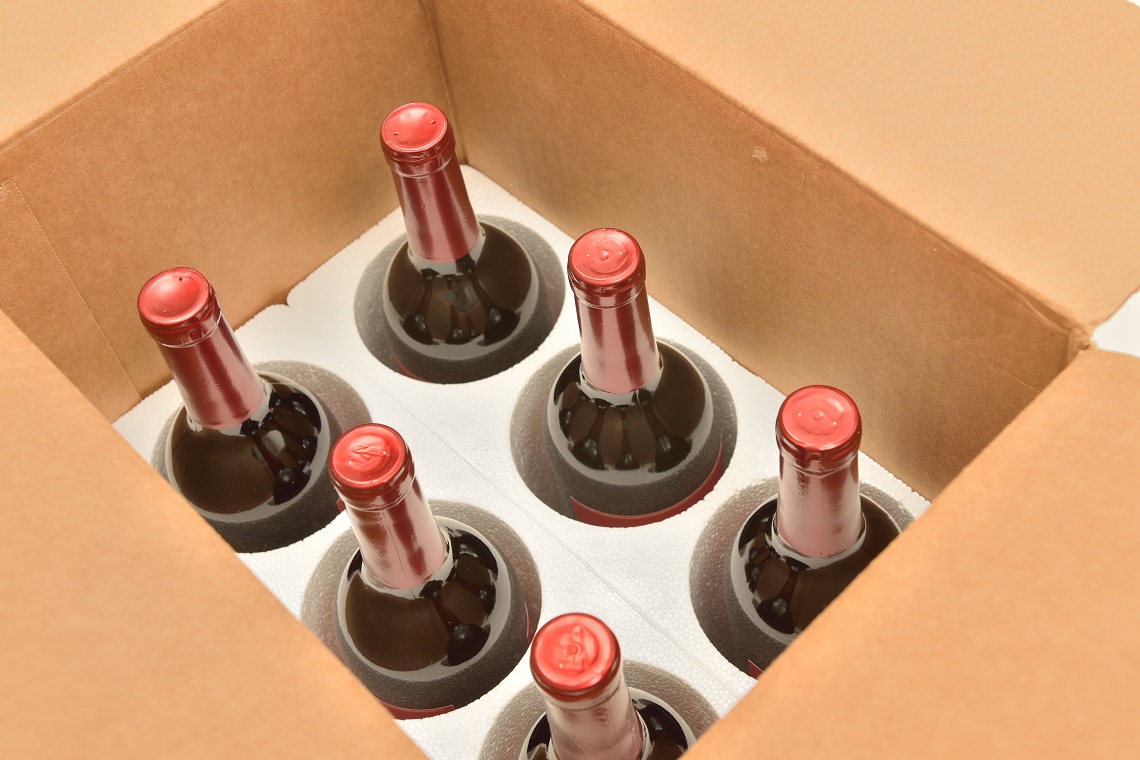China has announced an anti-dumping probe into imports of Australian wine, an unexpected move that is expected to worsen heightened tensions between the countries.
Wine is the third agricultural export from Australia that has been targeted by China this year. Barley exports are also under investigation for anti-dumping, while beef exports were halted from some Australian abattoirs over labelling requirements.
‘Dumping’ refers to selling something below the cost of production. China’s commerce ministry will investigate imports of wine from Australia in containers of two litres of less in 2019 for this reason, while examining any damage to their domestic wine industry from 2015 to 2019.
The Chinese Alcoholic Drinks Association requested the probe, asking the regulator to look into 10 Australian producers. As Reuters reports, the association said Australian wine producers had cut prices to increase their market share over local producers, which they claim rapidly deteriorated local production and operating conditions.
Citing Chinese customs data, it said that imports of Australian wine more than doubled to 12.08 million litres between 2015 and 2019, while the price of imports fell 13 per cent. Over the same period it said the market share of domestic wine fell from 74.4 per cent to 49.6 per cent.
What does this mean?
The companies named in the probe will now be sent questionnaires from the Chinese authorities, which will be used in their investigation to decide whether the companies have been dumping wine, and whether this has caused damage to the domestic wine market.
This process is expected to take a year, but some reports have mentioned that it might be delayed until as late as 2022.
Along with the investigation, there is expected to be a tariff imposed on Australian wine, which would be a significant detrimental change for the industry after tariffs were eliminated in 2019 thanks to the 2015 Free Trade Agreement.
While there is no confirmation on any immediate changes, there are concerns for the potential consequences, given the Chinese market accounts for around half the value of Australia’s wine exports.
There have been some suggestions that the probe, like the similarly impacted beef and barley export industries, has been politically driven. Earlier this year, China’s ambassador to Australia warned of a boycott of Australian goods because of Canberra’s push for an independent inquiry into the origins of the COVID-19 pandemic.
But Chinese officials have said the Australian wine investigation is not politically motivated. Zhao Lijian, a Foreign Ministry spokesman, said the investigation would be carried out in a “fair and just way, according to the law.”
“This is a normal case of anti-dumping, please don’t draw unnecessary associations.”
Australia reacts
Australia’s wine industry and trade representatives have said they will cooperate with the investigation, and many maintain there has been no dumping in China.
Australia’s Trade Minister, Simon Birmingham, labelled the inquiry ‘very disappointing and perplexing’ and said: “Australian wine is highly sought after in China because of its quality. Australian wine is not sold below market prices and exports are not subsidised.”
One of the Australian companies named in the probe was Treasury Wine Estates (TWE). After the announcement, its shares fell in the stock market before being temporarily paused. The company has said it will cooperate with the Australian and Chinese authorities in the investigation, noting its long respectful relationship with China will continue to make the country a priority market.
Australian Grape & Wine have also commented on the case. In a media statement they said: “We believe that the Australian grape and wine sector is well placed to respond to this investigation and Australian Grape & Wine and our exporting companies will cooperate fully.
“China is an important market for Australian wine and our wine is in demand from Chinese consumers. Australia has a large number of exporters with close cultural ties to China. The Australian industry welcomes the opportunity to build on these ties and work with the Chinese industry and government to further technical cooperation and develop lasting relationships.”

